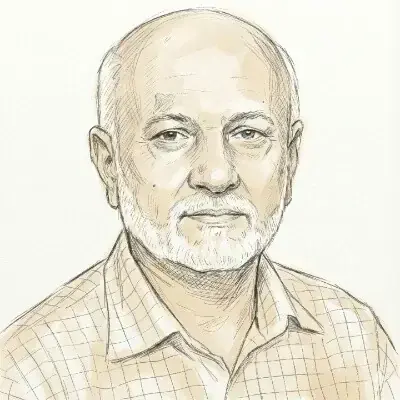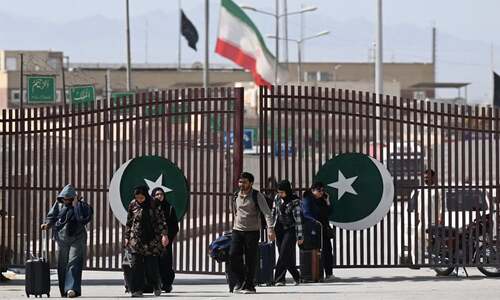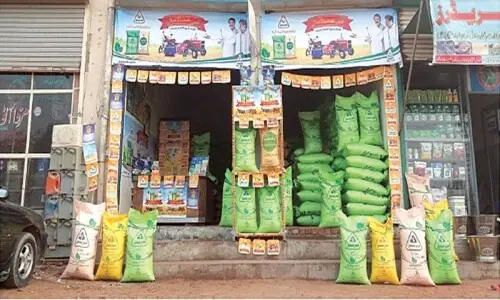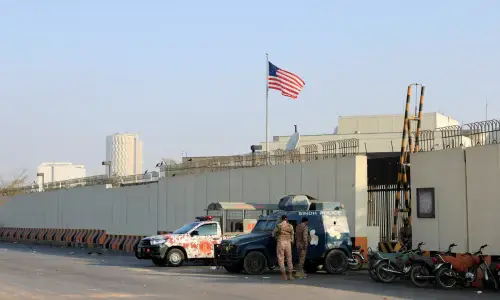ISLAMABAD: The United Nations says the Living Indus Initiative (LII), the biggest climate initiative in Pakistan’s history which is more than just a one-off response to the climate carnage of 2022 floods, will cost around $17 billion.
Backed by the leadership of the UN Resident Coordinator in Pakistan and the buy-in from across the UN country team, the LII represents a road map for Pakistan’s future and a blueprint for building more resilient communities and long-lasting livelihoods, reveals a new UN document made available to Dawn on Friday.
Led by the government with support from the UN, donors, private sector and civil society, the LII focuses on restoring the ecological health of the Indus River Basin while consolidating projects that will build communities’ resilience and forge sustainable livelihoods.
The document says the cost of inaction is far more and the list of interventions provides opportunities at every level of investment suitable to a range of budgetary constraints.
Project represents a roadmap for Pakistan’s future
“Indeed, the energy, vision and commitment of Pakistan’s youth is the single greatest reason for hope that the goal of the LII is within reach. The time for discussion is over, and the time to act is now,” the document claims.
The Living Indus Initiative is at the core of the risk-informed 2023-2027 United Nations Sustainable Development Cooperation Framework — a key feature of the UN reform that enables the resident coordinator-led UN country team to implement solutions that bridge immediate humanitarian response with long-term sustainable development interventions.
A large part of the impact of climate change on Pakistan happens through its impact on the Indus River system. In the upper Indus Basin, accelerated glacial melting will increase the risks of dangerous glacial lake outburst floods. The twin pressures of global warming and environmental degradation threaten glaciers as the critical source of inflows into the Indus River system.
As a result, flows are likely to first increase to a certain point known as ‘peak water’, a level at which glacier melt-water flow would reach its maximum. After that, flows are likely to decline.
According to an estimate, the ‘peak water’ of the Indus could be reached as early as in three decades.
In the lower Indus Basin, global warming and associated sea level rise threaten the livelihoods of people living in coastal cities, as well as the sustainability of coastal ecosystems.
Over the last two centuries, the Indus delta has shrunk by an alarming 92 per cent. It is estimated that by 2050, a further 2.73pc of the delta will be lost due to sea water intrusion, affecting about one per cent of the population.
According to some models, Karachi could witness a sea level rise of as much as 15cm in only the next 20 years putting large tracts of populated land and millions of inhabitants in peril.
Sea level rise and increases in the frequency and severity of coastal storms are also expected to exacerbate seawater intrusion into the delta and into coastal groundwater.
The Indus is the backbone of Pakistan’s agricultural economy, and the country has already lost an average of 4 per cent of the GDP due to water-related economic impacts — inadequate water supply and sanitation, flood damages and water scarcity in agriculture.
According to the document, Pakistan’s vulnerability to climate challenge is likely to become more severe in the future both in absolute and (globally) comparative terms.
Published in Dawn, May 13th, 2023
































